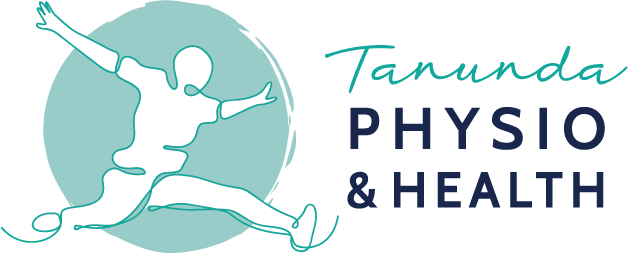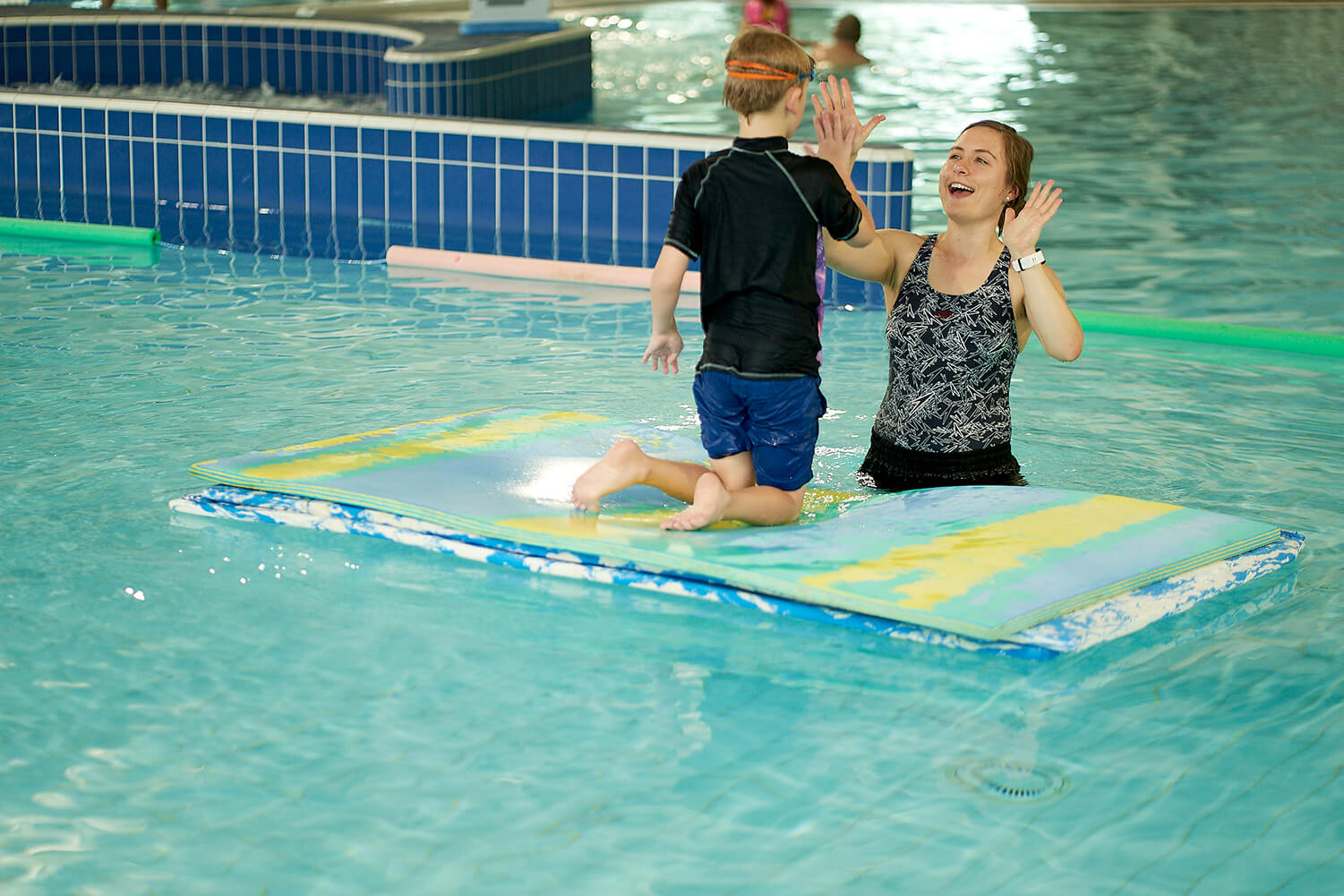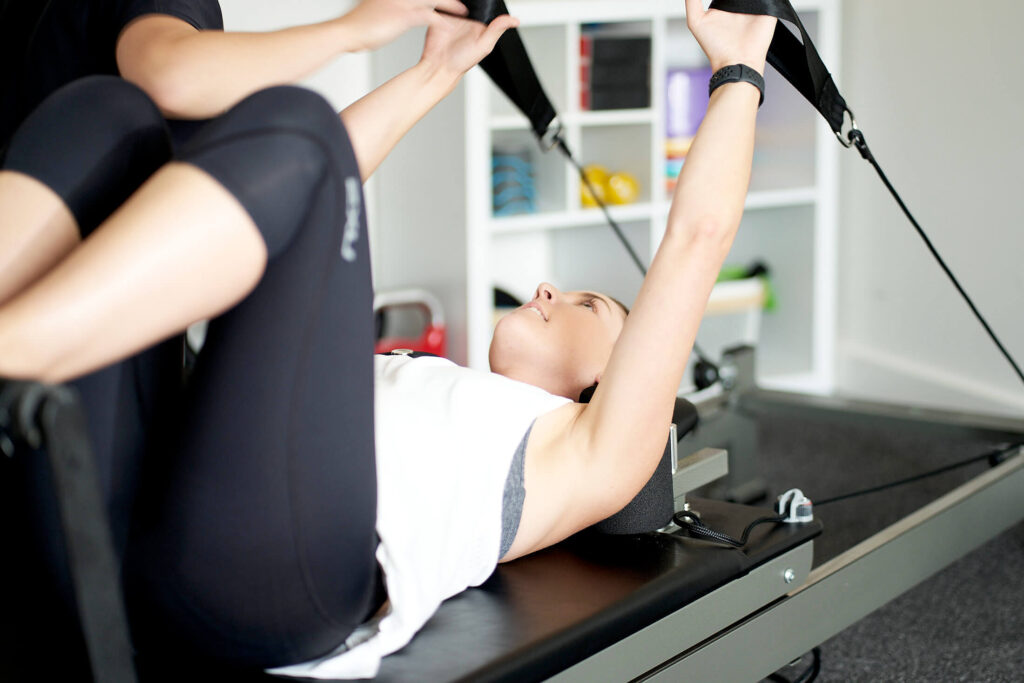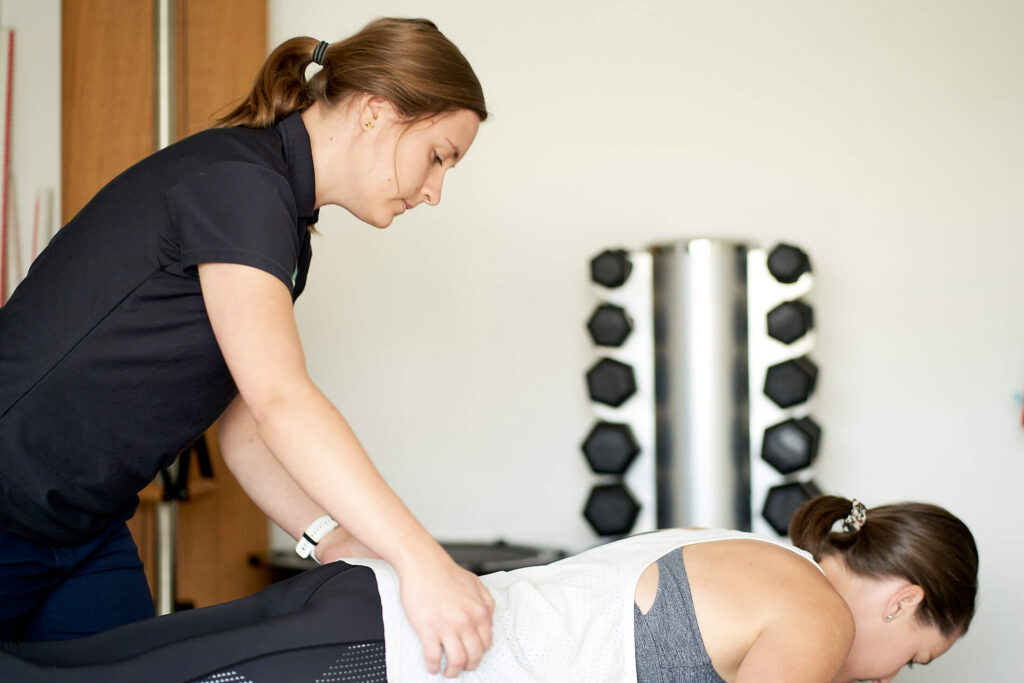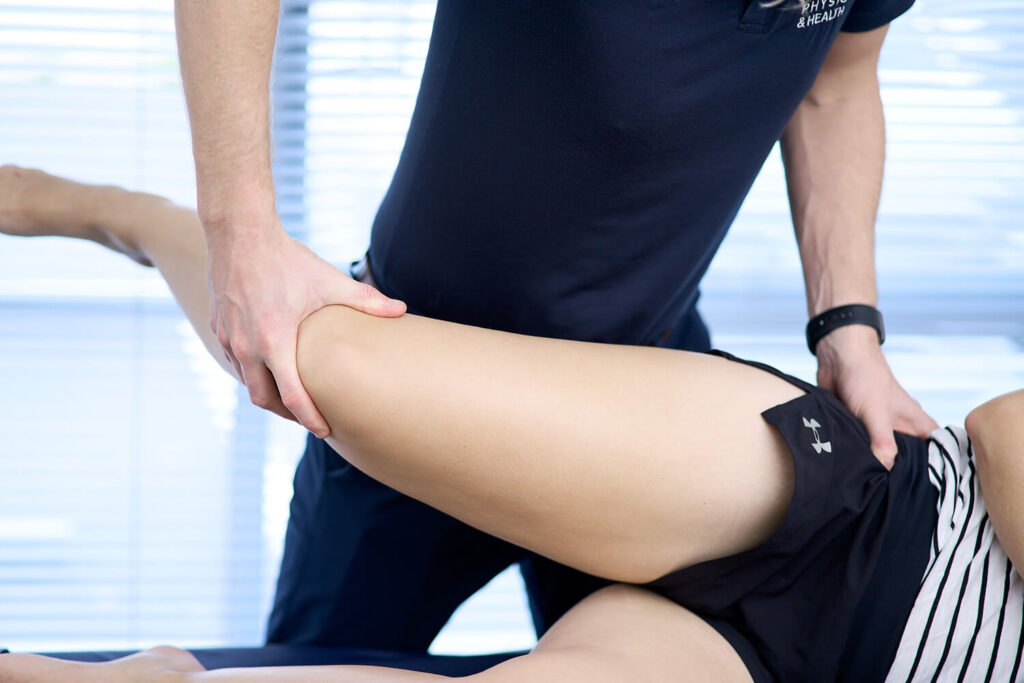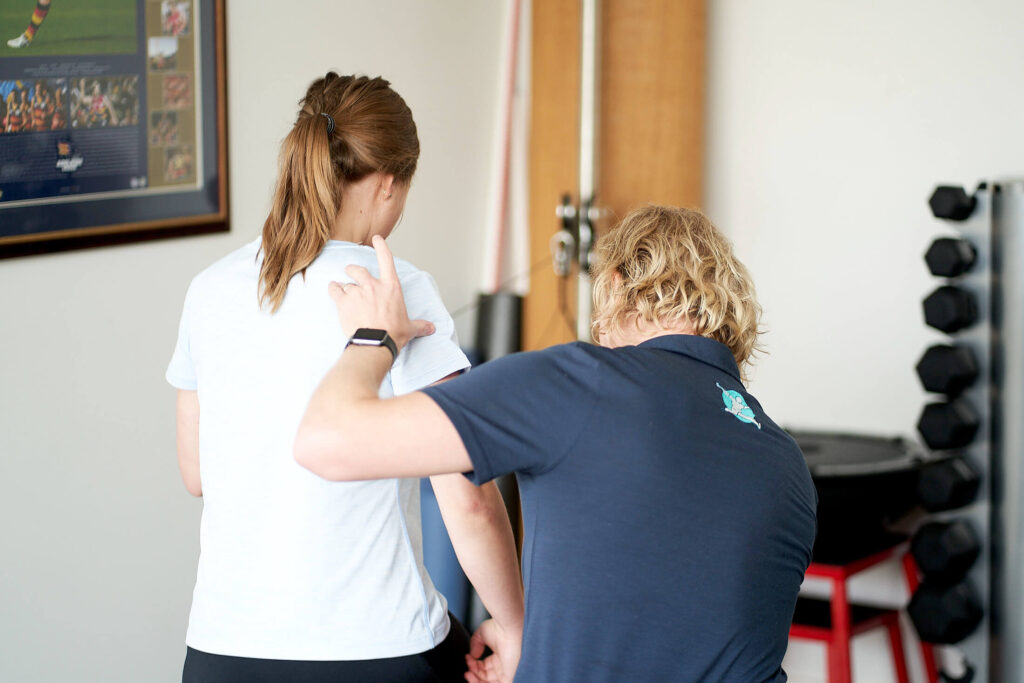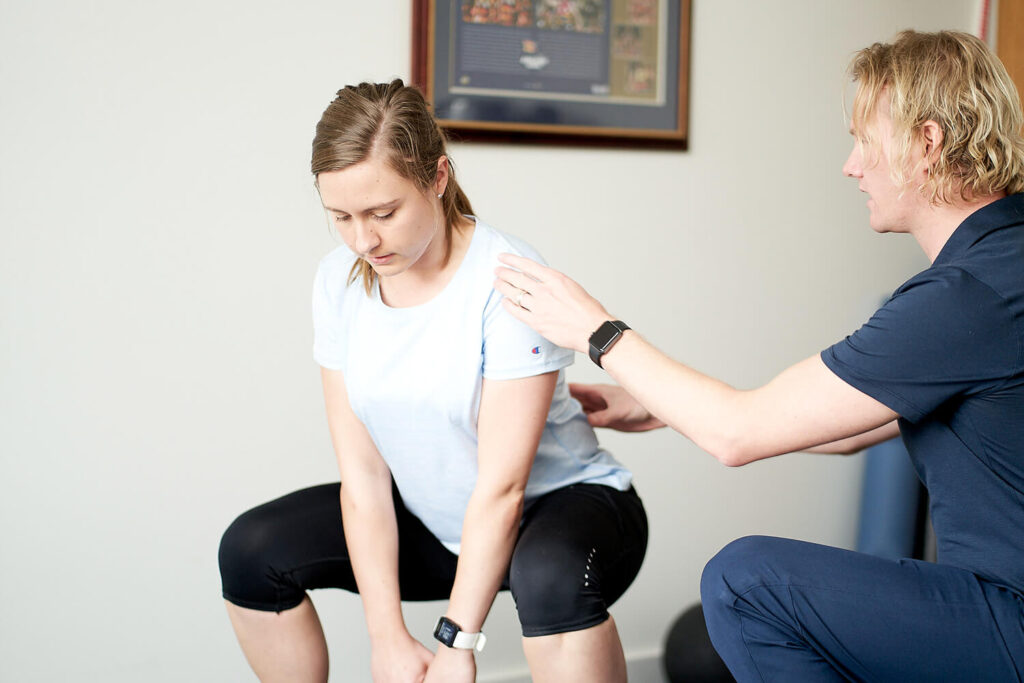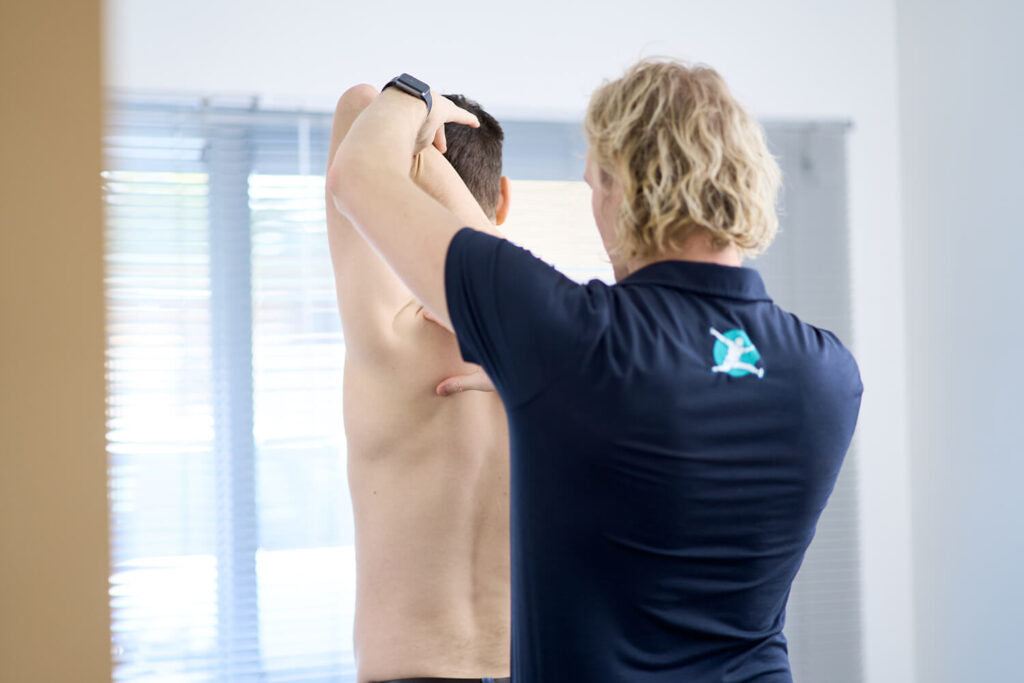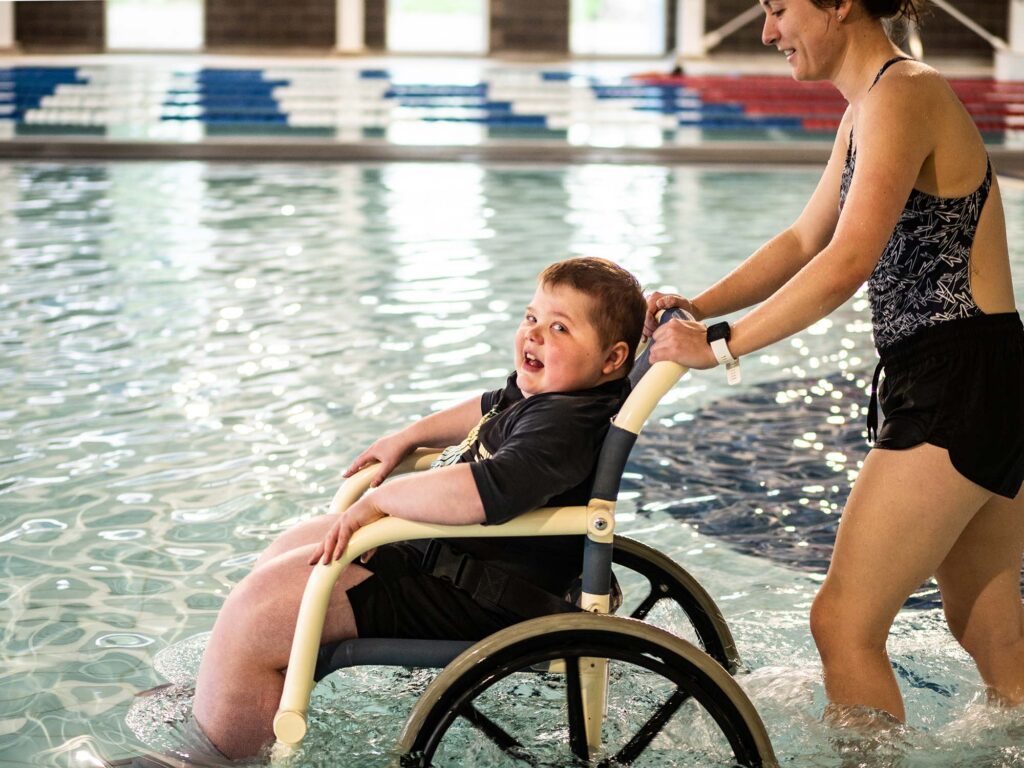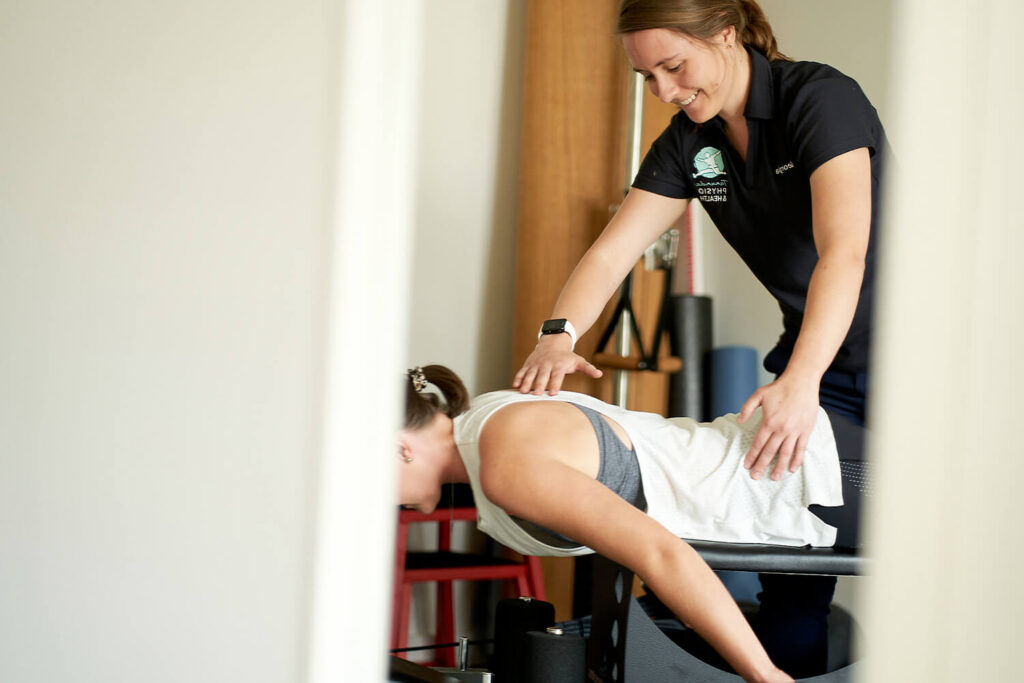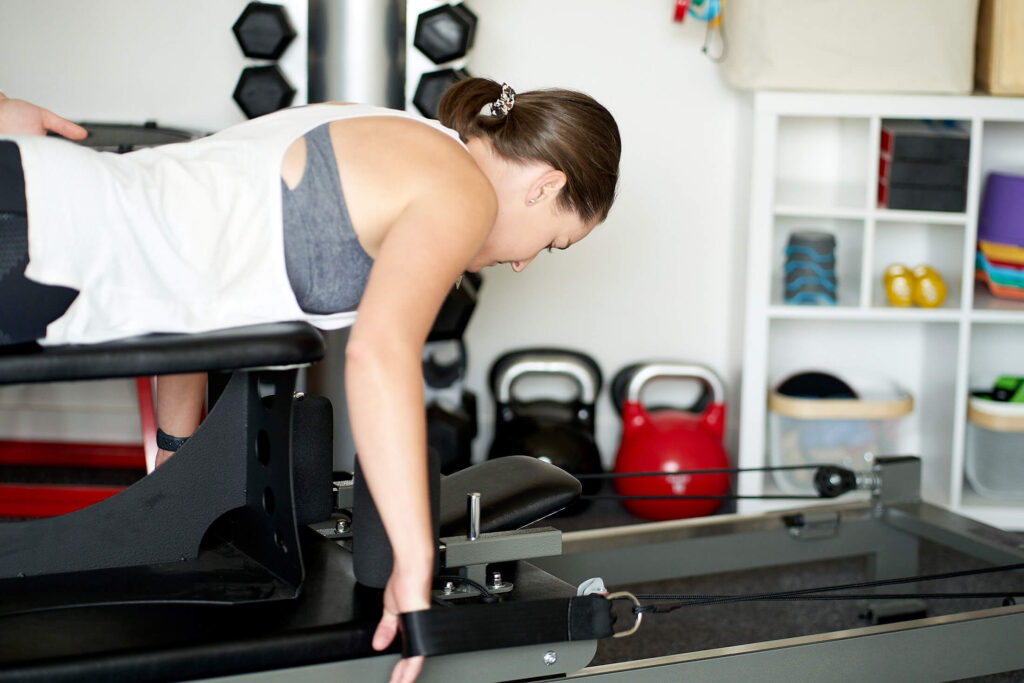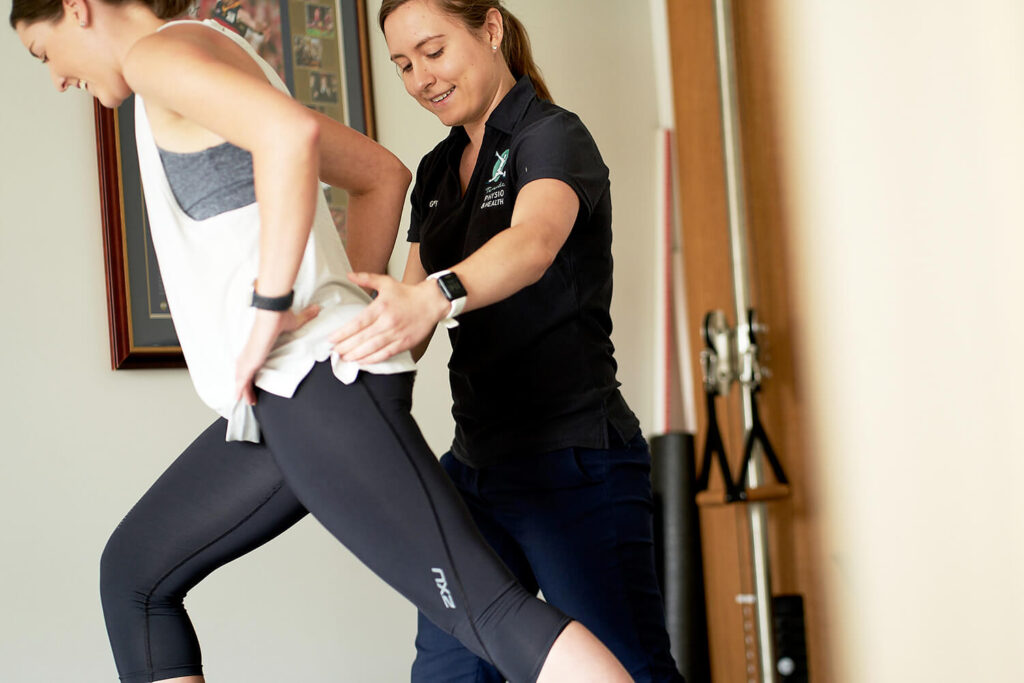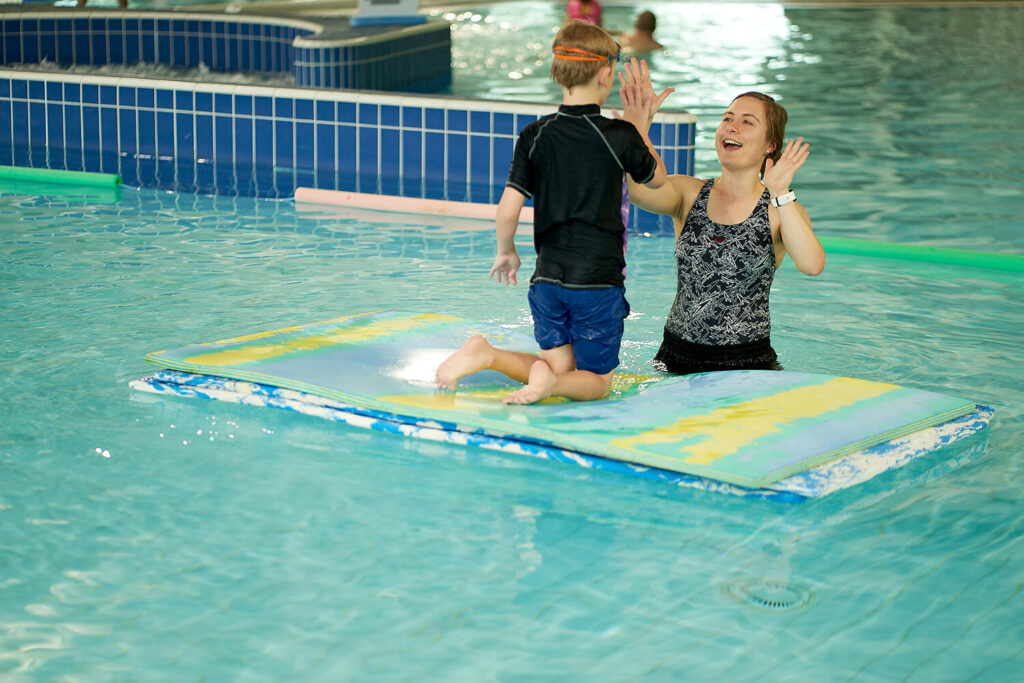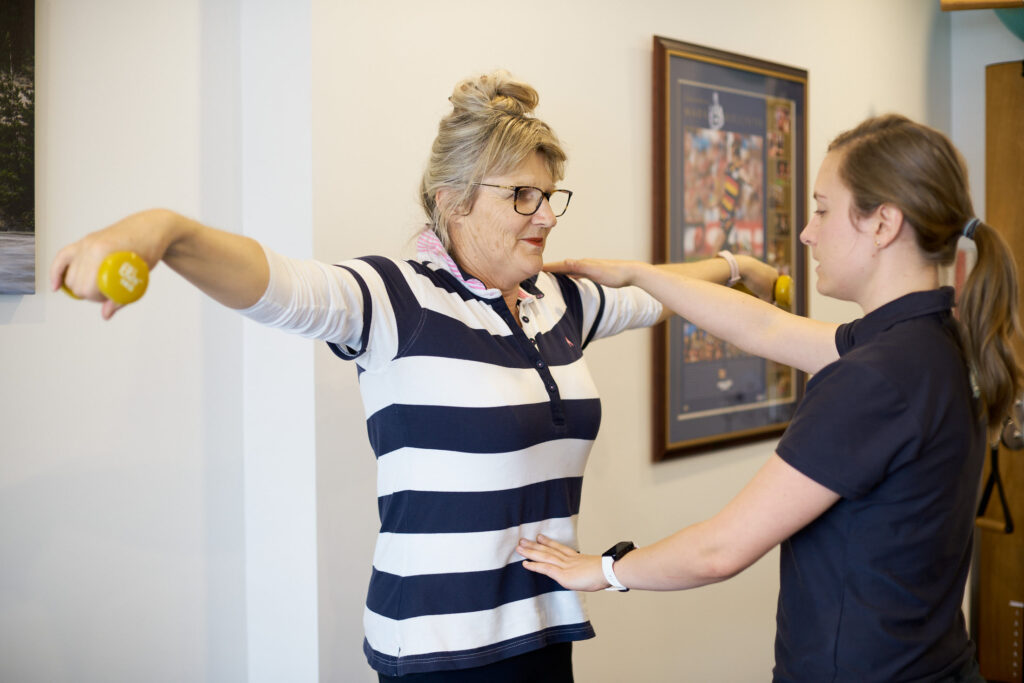Primary benefits of pilates There are many physical benefits pilates can provide for our body with the most common being: Pilates especially targets core strength…
Autism, exercise, health
Does your child with autism have trouble keeping up with their friends at school?
Do they appear floppy? Like to lean on things rather than stand straight?
About 30 percent of children with autism have moderate to severe loss of muscle tone
This weakness, lack of endurance and reduced core stability then affects their gross and fine motor skills.
Signs of low muscle tone include
- poor posture (when walking, shoulders might appear rounded and when sitting, children might have a slouched posture)
- easily fatigued
- difficulty carrying out age appropriate fine- and gross motor tasks
- poor body awareness
- difficulty chewing food
- speech production difficulties.
These factors will then contribute to additional impacts that result from reduced physical capacity and participation. These often include
- Reduced participation in physical activity and sport
- Difficulty connecting with and maintaining friendships
- Behavioral issues
- Mental health issues
- Reduced concentration
- Poor health
Evidence is available to demonstrate that physiotherapy will enhance communication, socialisation, and behaviour.
Without physiotherapy, children with autism continue to present with motor deficits as they do not resolve with time.
They are at risk of developing chronic postural pain, mental health including low self-efficacy, social isolation and poor physical health and well being associated with cardio-vascular conditions.
Our physiotherapists work with many children with Autism.
We use our knowledge of movement, to help develop physical capacity, which helps to improve strength, balance, muscle control, etc, but also has the significant additional benefits of improving social inclusion and activity and therefore the social, health and well being benefits associated with that.
We keep our sessions fun and engaging!
There is no use at all in forcing someone to perform repetitive, specific exercises if they will not engage. This will lead to boredom, lack of continuing therapy and ultimately not achieving results.
We adjust our therapy plans to match the person.
We match out therapy to the persons goals and choose enjoyable, relevant activities to achieve those goals.
Options we use to improve enjoyment and engagement while achieving results include:
- Aquatic Physiotherapy: Makes movement easier (but can also provide resistance), is great for sensory regulation and we find many children who would otherwise not engage in sessions are great in the water!
- Reflex Lights: These add unpredictability and fun into otherwise physically hard work. They can also add a concentration element to activities to further challenge. Flashing lights that respond to touch
- Play based therapy – land or water, we often hide the exercise in a game, so your child doesn’t even know we are working on something specific
- Gym Exercise – sometimes your child will thrive with a more structured exercise program, especially as they get older and have been working with us for a longer period of time.
If you have a child with Autism who you would like to see get stronger, better endurance, increase activity and stay healthy long term, contact us to book an assessment with one of our team!



